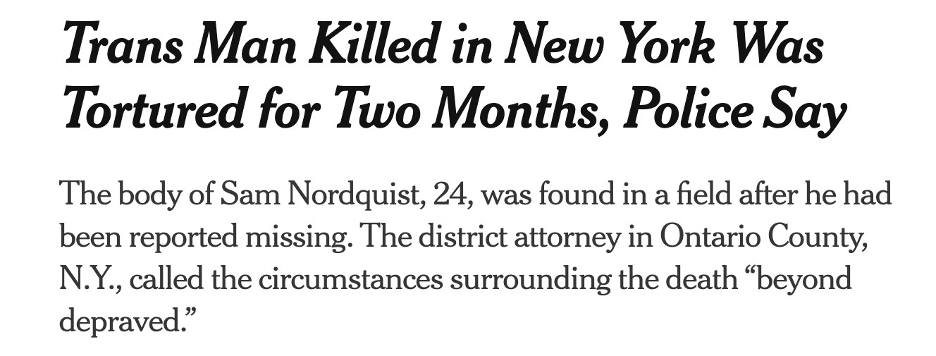Texas is keeping a list of trans people & no one will say why
In August, Texas banned drivers in the state from changing the gender markerson their driver’s licenses to match their gender identities. New reporting reveals that employees at the Department of Public Safety (DPS) continue to document every change request by trans drivers for collection in a state database.
At least 42 such attempts — including instances where people asked for guidance about state policies during calls, in-person appointments, and by email — have been reported in the last five months, according to documents shared with The Texas Newsroom.
DPS staff scanned and saved trans drivers’ information, the records show, and sent the data to a designated internal email account.
Officials at DPS and the Texas Attorney General’s office refused to say why the state is gathering the information, with whom it is sharing it, and whether the data collection is ongoing.
The documents also shed light on how those requests are handled. Some employees allowed the drivers to change the name listed on their licenses, but rejected their requests to update their gender. Others declined both requests.
Some new residents presented out-of-state or federal documents that matched their gender identity but were still denied a matching Texas license or ID.
Texas Attorney General Ken Paxton has called court orders directing Texas officials at DPS and other agencies to change gender markers “illegal.”
Screenshots of DPS’ trans data collection email address circulated online soon after the state banned gender marker changes, and the account was overwhelmed with spam from people protesting it.
Out of 700 pages of emails reviewed in September, only one was about an actual request to change a gender marker. Another 80 came from pranksters and critics.
Someone signed up the email address for newsletters from the People for the Ethical Treatment of Animals (PETA) and a bargain hunter website called Krazy Coupon Lady. The address also received emails from QueerMeNow, an explicit gay adult entertainment blog, and Lovehoney, a British company that sells adult toys and lingerie, KERA News reported.
One email read, “oh no someone is spamming your gestapo list wow,” while others called the policy “evil,” “weird,” and fascistic. Some accused DPS employees of acting like a “good little Nαzi” and “a disgrace in the eyes of God.”
The new internal agency documents reveal employees continued to collect data and forward it internally for collection after the spamming uprise.
Last week, Texas Attorney General Ken Paxton reiterated that it’s unlawful for trans Texans to change the gender listed on their state IDs, and added that any documents that have been altered are required to be changed back. There is no law prescribing the latter.
Earlier this year, a bill was introduced in the Texas Legislature to imprison anyone whose gender on state documents does not match the one assigned to them at birth.




